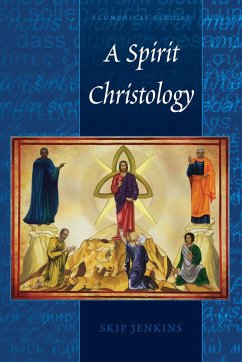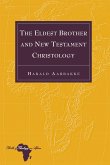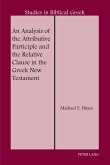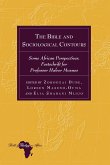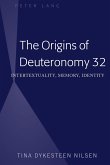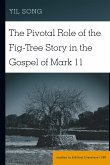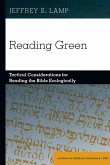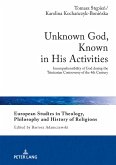This book extrapolates a uniquely Pentecostal and incarnational Spirit Christology, inspired by piqued interest in the Holy Spirit and for the purpose of ecumenical dialogue. The method employed is Pentecostal in its emphasis on the Spirit, incarnational in its consideration of the life of Jesus, and Spirit Christological in its uniting of the two. The aim is to supersede the five-fold gospel model by systematizing Pentecostal praxis into a cohesive and identity-giving Spirit Christology. The book distinguishes the components of Pentecostal identity through an investigation of past and current Pentecostal voices, juxtaposes them against secular and other denominational categories, and ultimately arrives at a distinctly Pentecostal conceptualization of Spirit Christology that translates ecumenically and generationally. In fact, this project is the first constructive Spirit Christological endeavor developed by a Pentecostal and dedicated to the specific, Pentecostal issue of fusing holiness for living and power for witness. It is solidly ecumenical, utilizing the theology of Edward Irving, James D. G. Dunn, Karl Barth, Colin Gunton, and David Coffey, and it is the only text that brings these voices together in one volume.
A Spirit Christology will be beneficial to a diverse audience of undergraduate and graduate students, as well as academic professionals. The development and explanation of a Pentecostal and incarnational Spirit Christology will be a unique and valuable addition to a variety of classes, including courses on the doctrine of Christ, the doctrine of the Holy Spirit, contemporary theology, and recent Pentecostal theology. Furthermore, the content draws from Pentecostal, Reformed, and Catholic traditions, a conglomerate that will appeal to an ecumenical audience.
A Spirit Christology will be beneficial to a diverse audience of undergraduate and graduate students, as well as academic professionals. The development and explanation of a Pentecostal and incarnational Spirit Christology will be a unique and valuable addition to a variety of classes, including courses on the doctrine of Christ, the doctrine of the Holy Spirit, contemporary theology, and recent Pentecostal theology. Furthermore, the content draws from Pentecostal, Reformed, and Catholic traditions, a conglomerate that will appeal to an ecumenical audience.
"With deep sensitivity to and understanding of the Pentecostal tradition, Skip Jenkins proposes a constructive Pentecostal and incarnational Spirit Christology. The proto-Pentecostal and Scottish pastor, Edward Irving, is the foundation and inspiration for Jenkins' endeavor. Articulating the redemptive work of the Holy Spirit vis-à-vis the Spirit's role in the incarnate life of Christ, Jenkins gives the Holy Spirit a major role in redemption, which is sometimes not found in alternative Christian traditions. Jenkins shows, nonetheless, that a Christological structure-the five-fold gospel-frames the hallmark of the Pentecostalism-the experience of Spirit baptism. Although focused on developing Pentecostal theology, Jenkins' purpose is ecumenical, not parochial. Based on the theological categories of a Pentecostal and incarnational Spirit Christology, he integrates the traditional Pentecostal emphasis on holiness of life and power for mission as well as dialogues with the wider Christian communities. Historical, systematic, constructive, and ecumenical, this book is an important contribution to the growing field of Pentecostal academic theology." -Steven M. Studebaker, Associate Professor of Historical and Systematic Theology and Howard and Shirley Bentall Chair in Evangelical Thought, McMaster Divinity College

